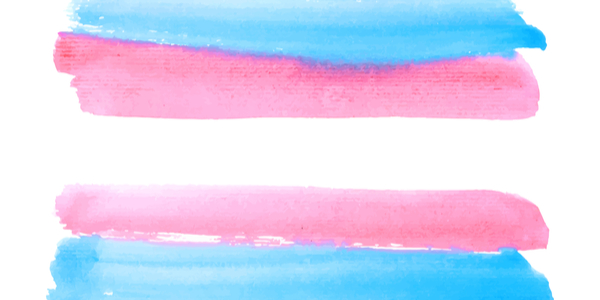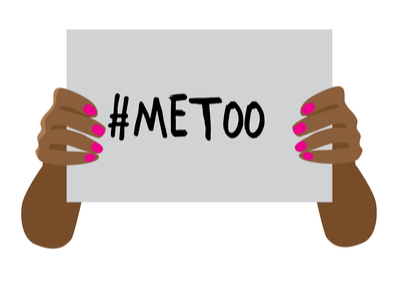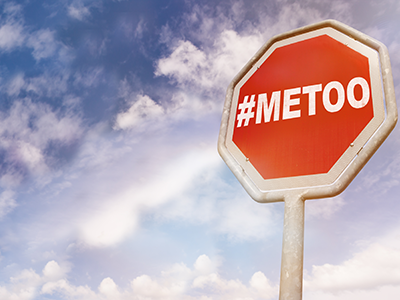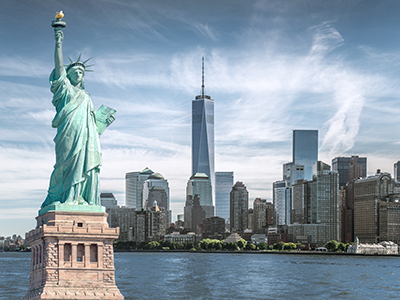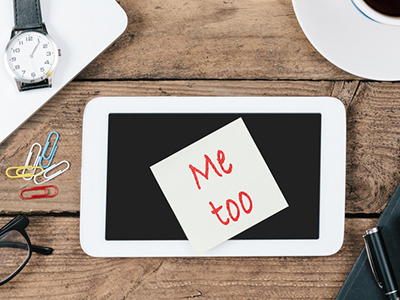Last year, in the immediate aftermath of the #MeToo movement, both New York State and New York City passed sweeping legislation that sought to provide additional protections for individuals from sexual harassment (see our prior blog posts here). Perhaps most notable was legislation requiring all New York State employers to adopt a sexual harassment prevention policy by October 2018 and to conduct annual sexual harassment prevention training beginning no later than October 2019, among other things. Neither the State nor City legislatures appear to be slowing down – already this year, both have enacted additional worker protections. READ MORE
New York State and New York City Ring in the New Year With More Gender Protections
